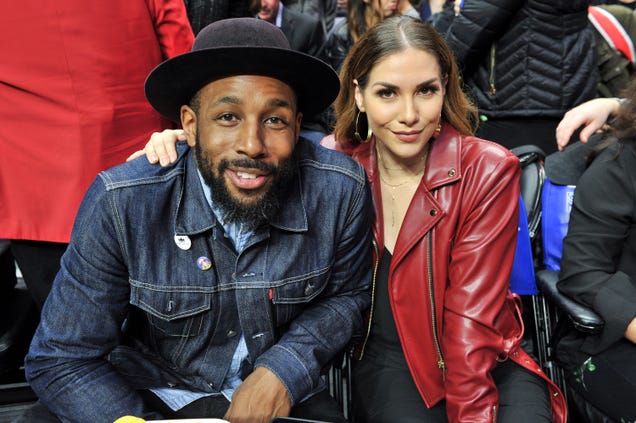Unlike no other business era, major companies have earmarked, in some cases, billions, to design high-profile programs that will provide procurement and business development opportunities to entrepreneurs of color. Moreover, these companies are seeking to create a series of long-term partnerships—most notably with CEOs and founders that represent the BE 100s, the largest black-owned businesses in the nation—to receive benefits ranging from cross-sector entrepreneurial innovation to access to a burgeoning multi generational customer base. However, firms like yours can benefit through such strategic alliances.
This post is the first in a series on how major corporations are working with African American firms and organizations for mutual benefit and impact. As part of this special report, our editors have identified corporate giants that have decided to move forward on this thrust. In fact, since the beginning of this year, BE has traversed the nation to witness such initiatives from AT&T, JPMorgan Chase, Delta Airlines, and Koch Industries.
Delta Airlines and Koch Industries
Take AT&T. With the $67 billion acquisition of DirecTV in 2015 and $104 billion purchase of Time Warner last year, it has been redefined as a global multimedia content and distribution colossus, which means it offers boundless openings for a universe of enterprising vendors. In fact, earlier this year, corporate senior leaders announced its commitment to spend $3 billion with black suppliers across the U.S. by 2020. This initiative came on the heels of the 50th anniversary of its supplier diversity program started in 1968, contracting more than $158 billion with companies owned by minorities, women, service-disabled veterans, and those within the LGBTQ+ community.
In making the announcement, AT&T revealed that the program’s focus on the economic expansion of diverse companies and communities has three pillars: supplier spend and utilization; job creation and force impact; and business development, advocacy, and Tier-2 supplier advancement. Now, supply chain officials seek engagement with black entrepreneurs in invitation-only settings as well as major events like Black Enterprise’s FWD conference for startup and established business owners recently held in Charlotte, North Carolina. Moreover, the company has established an Executive Advisory Council composed of black business leaders to provide guidance in reaching this goal.
The current environment also represents a prime time for black entrepreneurs due to the new, corporate-minded leadership at minority business advocacy organizations. For instance, Adrienne Trimble, former general manager, Diversity & Inclusion for Toyota Motor North America, came aboard last year as president and CEO of the National Minority Supplier Development Council, the leading supplier diversity and inclusion organization that matches more than 12,000 certified minority-owned businesses to its network of 1,750-plus corporate members. And retired DuPont Chief Procurement Officer Shelley Stewart earlier this year was elected chairman of the Billion Dollar Roundtable, the top-level organization that promotes corporate supplier diversity best practices, to help reset its strategic direction.
With these new developments, black-owned businesses must be prepared to take advantage of this moment. Certification and capacity building, among other measures, are a must.
-Editors’ note: This article originally appeared in the Summer 2019 edition of Black Enterprise Magazine. Order the magazine today.
from Black Enterprise https://ift.tt/2Kl7A6G
via







